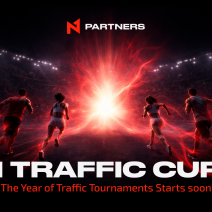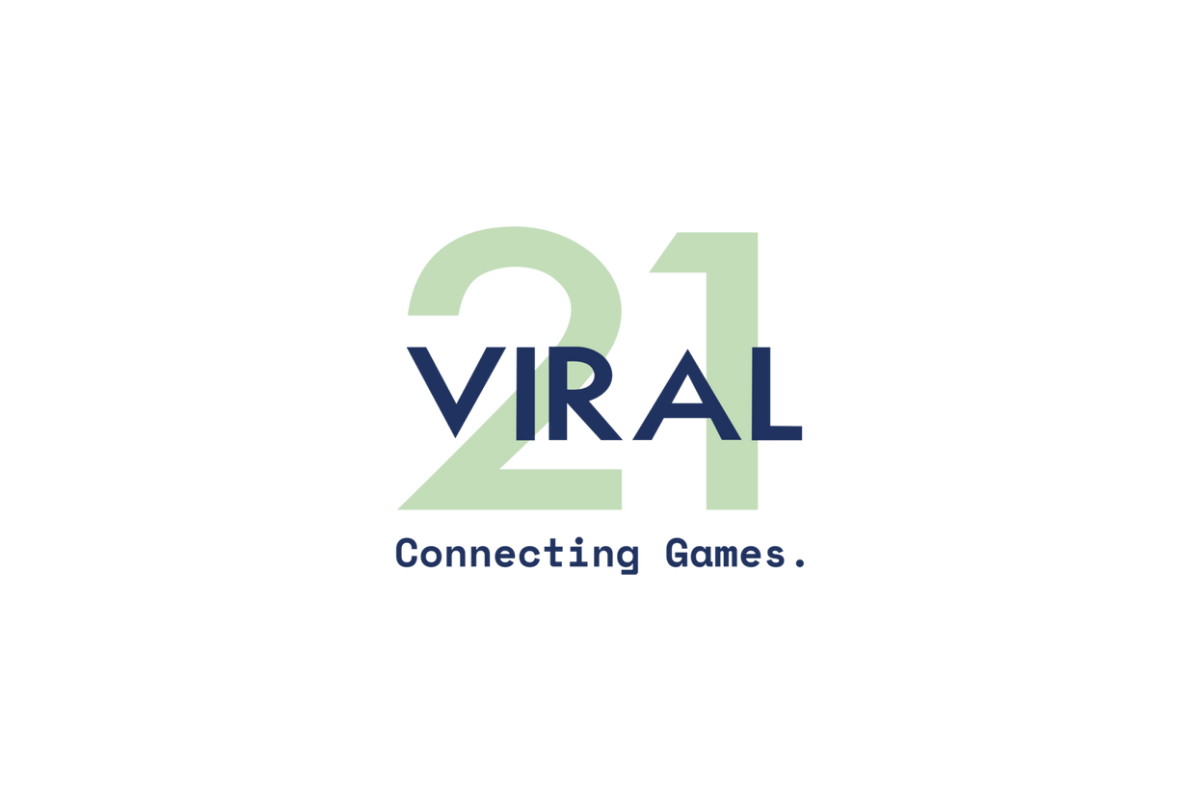
Public Health Advocacy Institute (PHAI) and Congressional Leaders Unveil the SAFE Bet Act to Address Sports Betting Risks
Public Health Advocacy Institute (PHAI) at the Northeastern University School of Law has supported Congressman Paul D. Tonko (NY-20) and Senator Richard Blumenthal (D-CT) last week in introducing the SAFE Bet Act, which addresses the risks associated with legalized gambling.
The SAFE Bet Act is the first federal legislative initiative to address the vast public health implications of mobile sports betting since sports betting was legalized in 2018. When the SAFE Bet Act is enacted, federal standards will be set to create a safer and less addictive betting environment. While still allowing the freedom for those who wish to participate, these standards will include addressing advertising, affordability, and artificial intelligence issues.
PHAI’s President and Northeastern University Distinguished Professor of Law, Richard Daynard, said: “PHAI’s mission is to serve the greater good by seeking big ideas to advance public health and justice. That is why we’re fully dedicated to playing a leading role in work to bring about a comprehensive public health response to the looming crisis presented by the out-of-control gambling industry.”
“The gambling industry is following a playbook developed by the tobacco industry and this is a direct threat to public health. At PHAI, we will work tirelessly to address this threat and protect public health. Supporting the SAFE Bet Act is part of this effort,” Daynard added.
PHAI Executive Director Mark Gottlieb said: “It is my desire to play an important role in national and international efforts to develop and implement a public health approach to regulating the gambling industry and online gambling. At PHAI, we utilize a wide range of resources—including litigation and advocacy—to protect public health. It has become apparent that the gambling industry and its partners act with conscious and reckless disregard for public safety. Collaborating with Congressman Tonko and Senator Blumenthal to create the SAFE Bet Act is one part of how PHAI will bring a public health response to the gambling industry.”
“As the Director of Gambling Policy with the Public Health Advocacy Institute it is my role to develop comprehensive public health strategies and advocacy efforts to address the looming crisis being caused by the unprecedented expansion of the gambling industry and online gambling. The ‘responsible gaming’ model of industry self-regulation is unethical and an abject failure. At PHAI, we will help lead a growing movement to expose the failures of the gambling industry’s responsible gaming model. In doing so, we will develop and help implement a series of comprehensive public health reforms designed to regulate the gambling industry, prevent harm, and protect individuals and families. It is a privilege to support Congressman Tonko and Senator Blumenthal as we work to advance the SAFE Bet Act,” said Dr. Harry Levant, PHAI Director of Gambling Policy.
“Since their inception, sports and sporting events have been a chance for family, friends, and strangers to gather together in celebration of beloved teams and athletes in a great American pastime. But now, every single moment of every sporting event across the globe has become a betting opportunity. That resulted in a frightening rise in gambling disorder, which has in turn enacted a horrific toll on individuals, many of whom have lost their home, job, marriage, and their lives. We have a duty to protect people and their families from suffering the tremendous harm related to gambling addiction. Our SAFE Bet Act gets the job done and gives sports back to the American people,” Congressman Tonko said.
At the press conference, Senator Blumenthal said: “Right now, states have legalized gambling, but they failed to protect citizens against those excesses, abuses, and exploitations. State regulation is faint-hearted and half-baked. That’s why we need a national standard–not to ban gambling–but simply to take back control over an industry that is out of bounds.”










